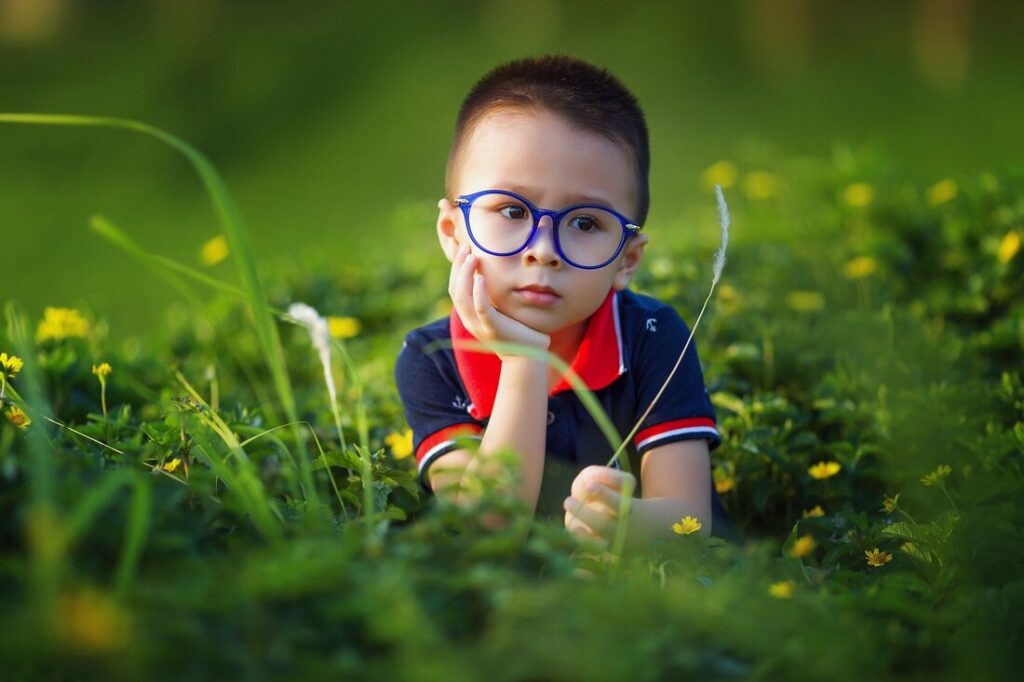Can and should you teach manners to autistic children?
We expect please and thank you from all children at an early age so shouldn’t we treat autistic children the same? After all we want our children to be socially accepted. Or are there other areas we need to consider?
….please. I want a drink, PLEASE. I am not giving it to you until you say please.
Err, that’s the first time Harry has requested a drink on his own. I think you should give it to him.
He has to know it’s polite to say please. I know he’s not a rude boy. He can do it. I’ve heard him say please before.
There is a time in teaching, often quite early on in your career, when you hear yourself sounding just like your parents (which can be a good or bad thing). You start teaching please and thank you all of the time. The phrases that surrounded you in childhood spurt from your mouth in ways that you have no control over.
Say thank you.
I want, gets nothing! It’s “please may I have…“
Where are your manners?
Raising a well mannered child in Britain and in many other countries, is a reflection of how good you are as a parent. This judgement cycle appears to continue from generation to generation, and it is deeply ingrained in some of us. We cringe when others don’t say thank you and we think poorly of those who miss out the word please.
In order to fully understand children with autism, we have to understand ourselves, our beliefs, and our cultures. Once you become aware of the social expectations we subconsciously follow, you begin to realise how complex the social world is that we live in.
So, what does the word please actually mean?
If you stop and think differently, the word please can mean so many things.
Please can I have a snack? I am so pleased to see you! Yes please. Please stop.
We use it so freely and to mean different things. It is no wonder that many speech and language therapists do not demand its use with those early communicators. I have found that it’s often the adults working closely with the child who have sneaked it onto PECS boards or reinforced its use when signing. All of this with the best of intentions, however it can lead to real confusion later on.
Learning the sign for please can be similar to learning the sign for more for a non-verbal child. Once the connection has been made that if I do a certain gesture I will get something in return, it can be difficult to change. Let me explain further.
I once taught a student in my class how to sign the word please. He had started to develop a signing vocabulary! I was really encouraged by this, and I felt certain we would be able to develop his vocabulary further. He would rush up to an adult and frantically sign please to mean a whole range of things: can I have a drink, have that toy, have more tickles, go to the toilet, I am hungry….. the list went on. Frequently, we would guess incorrectly as to what he was requesting. After a period of time, this of course led to meltdowns.
Teaching the word please, too early, had led to a confusion in language. It would have been much better to have taught a range of basic signs before adding in a word which has so many social complexities surrounding it.
And what does thank you actually mean?
Thank you for looking after my dog. I am fine thank you. That was delicious, thank you. Yes please, thanks!
Thank you is a positive recognition. Someone has done something for you that deserves a positive response. It is a sign of gratitude. If we go deeper, thank you is used in the hope that we will gain something from this relationship in the future. In other words they will repay the favour. I often wonder how can we expect a brain struggling with social communication to comprehend this level of complexity at the start of their early language development?
After experiencing first hand what not to do, I want to share with you how important it is to recognise when a child with language difficulties is ready to accept the teaching of please and thank you. Only then can you begin to teach manners to your autistic children.
Teach a good range of everyday items first.
If a child is ready to move from one word “cup” to a two word phrase then add a descriptive word. eg. red cup or big plate. A descriptive phrase is much more beneficial to meeting their needs at this stage than seeking social acceptance from having perceived good manners. I find that the sooner children can express themselves clearly, the less frustration and meltdowns they have.
If you have just learnt the word drink, don’t confuse it by turning it into drinkplease, or cookieplease. I have had children answer during vocabulary sessions in response to my question, “What is it?” with “Cookie please.”. This then becomes so very difficult to re-teach and correct. We should have as many opportunities to build and praise correct language at this early stage.
So are you ready to teach manners to your autistic children? Or more importantly, are your pupils ready to be taught?
Our advise would be to keep the teaching of please and thank you for when the child has a good basic bank of vocabulary.
For further speech and language ideas head over to our Pinterest board HERE.
thinking differently
The Autism Junction
